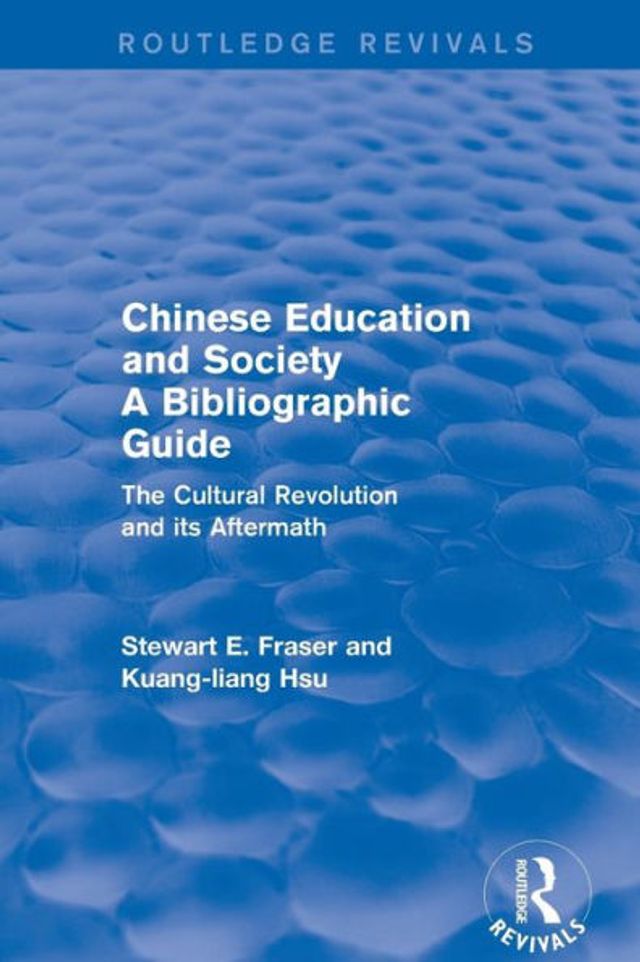Home
Society and Education: An Outline of Comparison / Edition 1
Loading Inventory...
Barnes and Noble
Society and Education: An Outline of Comparison / Edition 1
Current price: $56.95


Barnes and Noble
Society and Education: An Outline of Comparison / Edition 1
Current price: $56.95
Loading Inventory...
Size: OS
*Product Information may vary - to confirm product availability, pricing, and additional information please contact Barnes and Noble
Society and Education
explores the relation of society to education in Europe, as well as its comparative perspective towards overseas societies and their institutions. It is an enquiry into the social-historical institution of education and cross-cultural studies in Europe.
Elaborating on the Castoriadian ontology, the book delves into the magma of social imaginary significations that characterise and associate pivotal epochs of the continent’s history, Classical Greece and Modernity, and exemplifies their incarnation in educational systems and in the formation of the European and, in general, the Western comparative gaze. With a particular focus on our epoch, Postmodernity and globalisation, the study traces the pervasive dominance of capitalist significations in social institutions, forms, and activities, as well as in education and the way it is compared across countries. Nevertheless, as Moutsios suggests, the European tradition, notwithstanding its ideological usage by much of social sciences, contains an indissoluble critical and self-reflective dimension, which needs to be sustained and advanced in education and its cross-cultural comparison, perhaps, more than ever before.
The book demonstrates the embeddedness of education in its cultural context and should, therefore, be of great interest to academics, researchers and postgraduate students who are involved with comparative education, the sociology and history of education, education policy, and European studies.
explores the relation of society to education in Europe, as well as its comparative perspective towards overseas societies and their institutions. It is an enquiry into the social-historical institution of education and cross-cultural studies in Europe.
Elaborating on the Castoriadian ontology, the book delves into the magma of social imaginary significations that characterise and associate pivotal epochs of the continent’s history, Classical Greece and Modernity, and exemplifies their incarnation in educational systems and in the formation of the European and, in general, the Western comparative gaze. With a particular focus on our epoch, Postmodernity and globalisation, the study traces the pervasive dominance of capitalist significations in social institutions, forms, and activities, as well as in education and the way it is compared across countries. Nevertheless, as Moutsios suggests, the European tradition, notwithstanding its ideological usage by much of social sciences, contains an indissoluble critical and self-reflective dimension, which needs to be sustained and advanced in education and its cross-cultural comparison, perhaps, more than ever before.
The book demonstrates the embeddedness of education in its cultural context and should, therefore, be of great interest to academics, researchers and postgraduate students who are involved with comparative education, the sociology and history of education, education policy, and European studies.


















